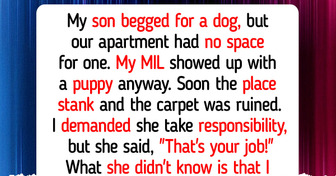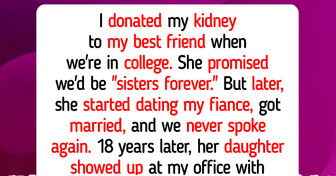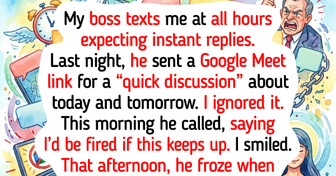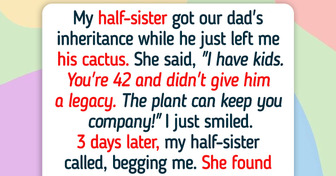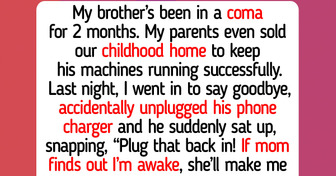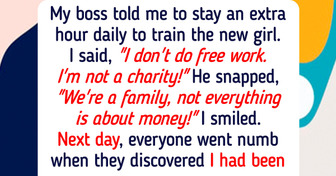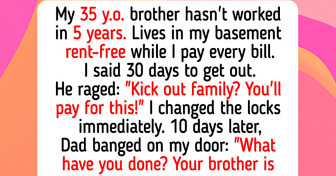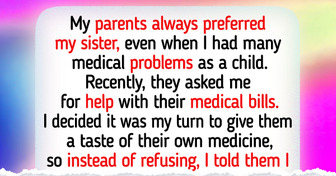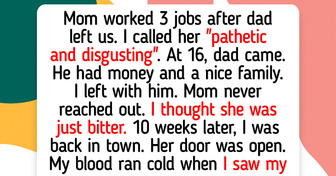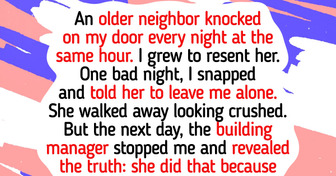While We Struggled, My Husband Was Secretly Saving Money for Years
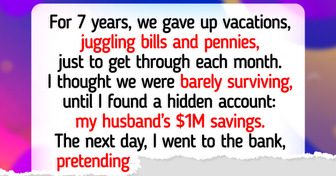
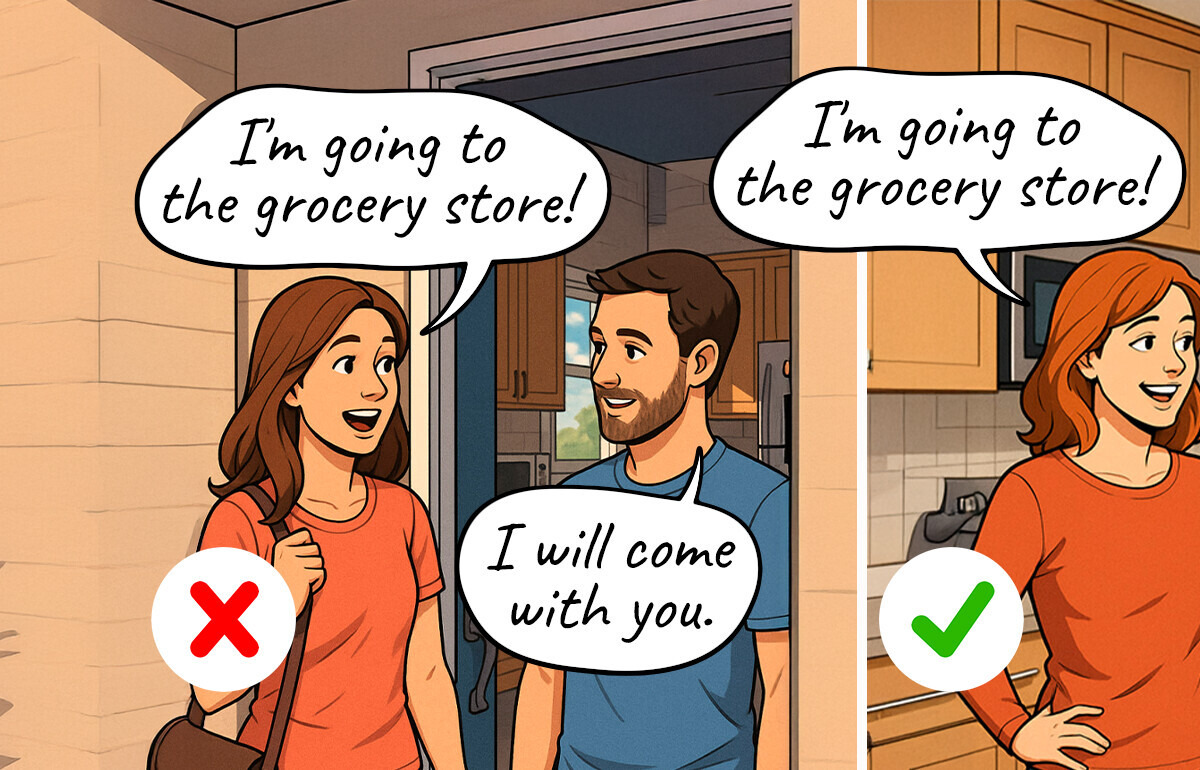
It’s not always major betrayals, heated arguments, or infidelities that destroy a marriage. Sometimes, it’s the small, almost imperceptible everyday gestures that repeat themselves day after day that wear down the bond. And what’s worse, many of these habits seem harmless or even “normal.”
In this article, we’ll tell you what those “silent” habits are that could be sabotaging your relationship, why they act like emotional termites, and what you can do to reverse them before it’s too late. Because yes: love often doesn’t die from one blow, but from a thousand little oversights.
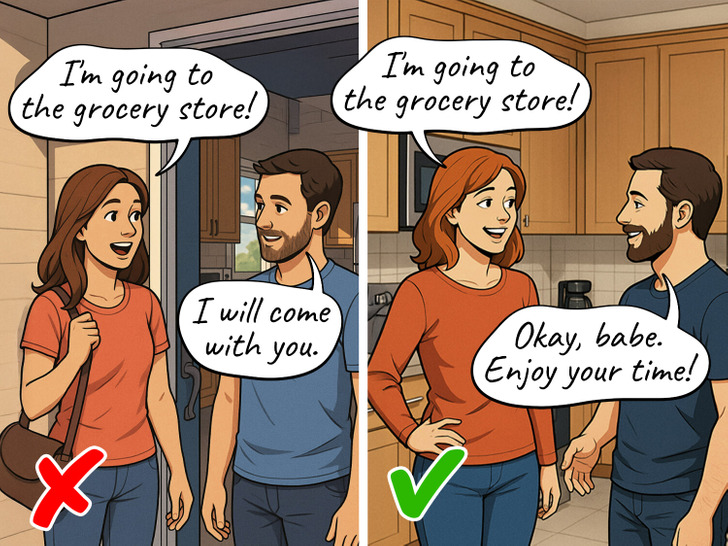
It sounds romantic, but it’s not sustainable. Couples who lose their sense of individuality often struggle with long-term satisfaction. Personal space is not distance; it’s a breathing room.
It might feel like the mature thing to do: staying quiet instead of starting a fight. But when we stop sharing how we feel, emotional distance starts to grow. Emotional disconnection is one of the first signs of a relationship in trouble.
Over-accommodating may seem kind, but constantly agreeing to avoid disappointment can harm your self-confidence and create quiet resentment. You stop feeling seen as an equal, and that slowly builds walls.
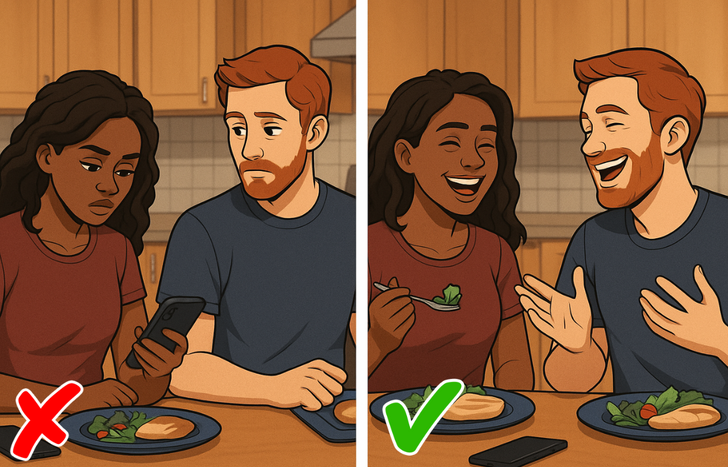
You’re together, but not present. Constant scrolling during meals or conversations creates silent rejection. This digital distraction leaves your partner feeling unseen and unimportant.
That little joke. The playful jab. The eye-roll with a smile. It might seem funny... until it isn’t. Sarcasm can become a subtle form of contempt, and contempt is the #1 predictor of divorce.
Skipping the “thank you” when your partner makes coffee. Not noticing the laundry was folded. Over time, those small missed moments add up. A lack of appreciation is one of the biggest hidden stressors in long-term relationships.
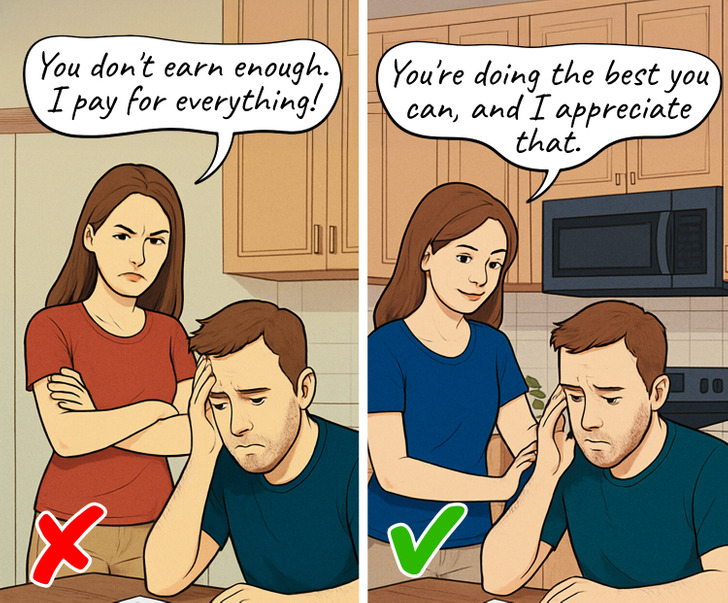
“I worked all day.” “I did everything with the kids.” When a relationship becomes a tally of who gives more, nobody wins. This mindset breeds competition, not connection.
A quick “Actually, that’s not true” or a sarcastic jab during dinner might seem harmless, but over time, it chips away at respect. Public invalidation quietly erodes emotional safety.
“You’re overreacting.” “That’s not a big deal.” These phrases may seem logical, but they send a clear message: “What matters to you doesn’t matter to me.” This is a major flag for emotional detachment.

When you stop feeling good about yourself, you may start pulling away or clinging too tightly. Low self-confidence often creates overdependence or emotional withdrawal.
Mistakes are inevitable, but if apologies never come, resentment will. Refusing to say “I’m sorry” creates emotional gridlock over time.
Over time, it’s easy to stop being curious about your partner’s inner world. But when the questions fade, so does emotional closeness. Genuine attention isn’t extra, it’s essential.
Marriages don’t usually fall apart from one big event. It’s the small, repeated patterns that slowly drain the joy and safety out of a relationship. But here’s the hopeful part: just as the erosion is quiet, so is the healing. You don’t need a grand gesture. Just start paying attention.
And if you found this helpful, check out this article here about other quiet signs that might be affecting your relationship without you realizing it.

